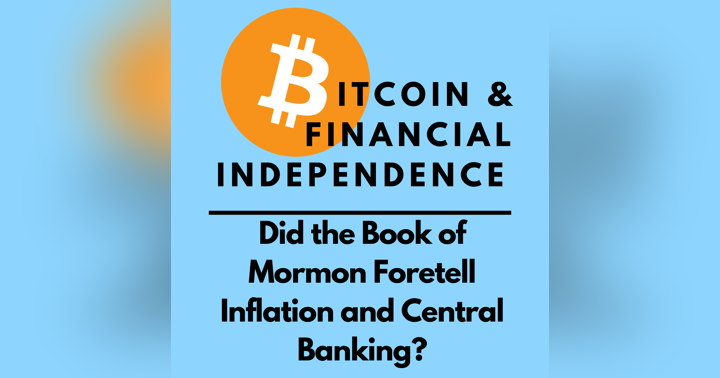This is a post I’ve had in mind since before I ever started this blog, and probably the technique most unique to me. I’ve never heard of this being done by anyone else. It isn’t widely applicable, as it requires you to be a high income college student.
My College Days
I went to a fairly inexpensive university in Southeast Idaho, and it cost me about $10k a year to live. I got a job selling pest control door to door in 2012 and 2013.
In 2012 I only worked 7 weeks, but made over $10,000. A good haul for such a short time.
In 2013, I helped get a new office up and running and earned some override commissions for my role in recruiting and training.
Many door to door salesmen have done better (and worse), I was happy with my $40k earned in just four short months. I tracked the hours I worked and was making nearly $55 dollars per hour.

I would have returned for 2014 but I needed an internship in order to graduate the next year, and was able to secure one in Salt Lake City, paying $18 an hour. Combined with five hours of overtime per week making time and a half, I was earning approximately $850 a week. Not too bad, but less than half of what I made selling pest control.
Trust Me
Lucky for me, my Dad, while not part of the FIRE community, is fairly knowledgeable when it comes to finance. He had done some reading on trusts and knew enough to draw one up for me and have it notarized.
Not many many people are well versed in what a trust is exactly, so here’s Investopedia:
A trust is a fiduciary relationship in which one party, known as a trustor, gives another party, the trustee, the right to hold title to property or assets for the benefit of a third party, the beneficiary.
– Investopedia.com
As you can see above, there are three roles in a trust: The Trustor, Trustee and Beneficiary. In Idaho, it is legal for one person to be all three. So that’s what we did.
Note that this may defeat some of the normal purposes of a trust, but works well for this specific scenario, if allowed in your state.
Even if the rules are different in your state, you can potentially have one drawn up with your parents , siblings or other family members in certain roles with yourself as the beneficiary.
How Does This Get Me Subsidized Loans?
To put it very simply, a trust is a legal entity separate from yourself. The trust is not me. You can open accounts, and hold assets or property in a trust. Trusts usually contain rules about it’s use that must be executed. I am not my trust, even though I am the Trustor, Trustee and Beneficiary.
A Shelter For The FAFSA
I made enough money in five months of work to fund my entire college education, plus some. There was zero change FAFSA was going to give me much, if anything, without the use of a trust.
Stocks were recovering quickly from the Great Recession, and I wanted to put my money to work. I set up investment accounts in my trust and before filling out my FAFSA I transferred all but $500 or so into my trust account.
As far as FAFSA knew, I made a lot but had little in MY bank account to show for it.
Meanwhile my trust accounts had tens of thousands invested. I was granted subsidized loans which don’t charge interest until 6 months after the graduation. I used these loans to pay for my education while my money grew over 10% a year in the stocks.
Upon graduation, I had a secured a job at a major software company, making nearly $60,000, and was able pay off my subsidized loans before ever paying interest.
I was able to borrow money for free for three years while investing well over $40,000 in a rapidly rising stock market.
Other Considerations
This strategy will only work if your parents don’t claim you on their tax return. Usually, a parent would want to claim their college student, because you’re worth $2,000 in tax breaks to them these days.
My Dad would run the taxes both ways in Turbo Tax, claiming me as a dependent and not claiming me. We would split the difference in his tax return, making it a win-win situation.
Additionally, you will likely have to consult a lawyer to get your trust set up, if you don’t have someone knowledgeable enough to draw one up for you. This can cost about one thousand on the low end, which is still inexpensive enough to make this strategy feasible for most high paid college students.
Final Thoughts
When you fill out FAFSA, they ask you up front how much money you have. Remember, you are not your trust; it is a completely separate entity.
Essentially I controlled $40k or more, and had access to it if needed, but that money was not technically in my name. All you have to do is transfer the money into the trust before you fill out FAFSA and you can legitimately claim that you have virtually no money, greatly increasing your chances for scholarships, grants, and subsidized loans.
I know most college students don’t make the kind of money I did, but some do. What do you think of this strategy? Let me know what questions you have and I can try to address those in the comments.






